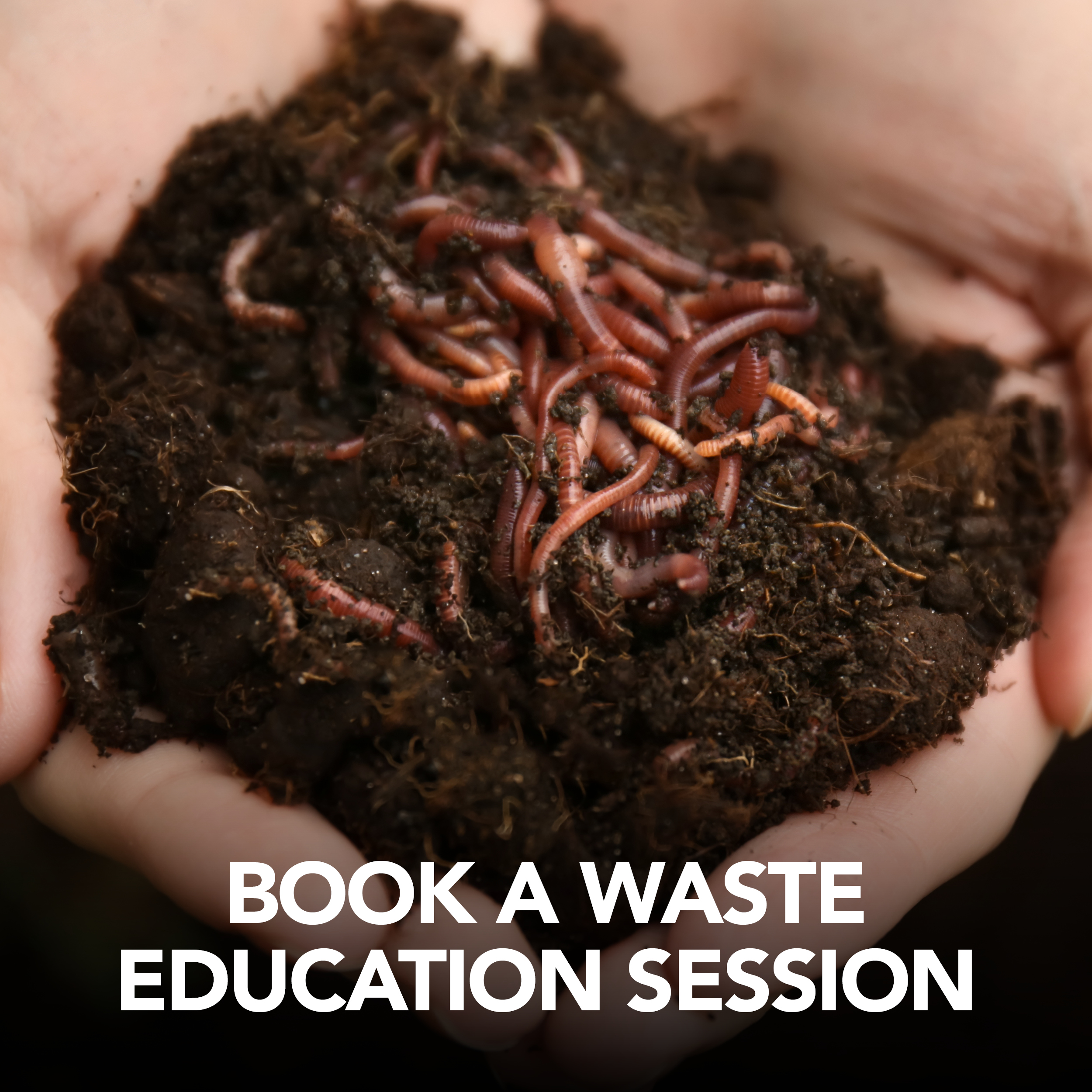In Liverpool and across New South Wales generally, households throw away a lot of food. Nearly half the contents of the average general red-lid rubbish bin are food materials, including wasted food that could have been eaten but for whatever reason ended up in the bin instead.
An EPA survey estimates the average New South Wales household is throwing out $1,036 of wasted food each year, a staggering amount. About 800,000 tonnes of household food waste is disposed of across the state every year and restaurant and industry food waste isn’t even included in this number, that’s extra on top of this figure. It’s a really big problem with some far-reaching consequences.
The average Liverpool household disposes of approximately 5 kilograms of food a week (APC Environmental Management September 2012).
Here are some common reasons why we waste food:
- We buy too much in the first place, including buying things that we already have in our fridge or pantry but have forgotten about
- We don’t make a point of regularly checking the use by dates of foods we have bought, so that we can use them up before they expire
- We cook too much food, rather than following proper portion size recommendations
- We don’t use good practice and the appropriate containers when storing food, which means the food doesn’t last as long as it should
- When we do end up with leftovers, we often don’t know how to use them up by making great meals, so we throw them away
Food waste has some big impacts financially, socially and environmentally. If your household could spend over $1,000 less on food per year, yet still eat really well and have that money left to spend on other things, how good would that be?
Here are some quick tips on how you can avoid wasting food:
- Prepare a weekly menu plan, write a shopping list and stick to it!
- Check your cupboards and your fridge and know what you already have before you go grocery shopping.
- Measure and prepare correct serving sizes
- There are some wonderful recipes that allow you to use up leftovers, use the internet or your local library to find delicious meals that you can make with leftover food.
- Make soups or stews with vegetables that might be slightly over-ripe or wilted. Leftover meat can make great pies. Stew or juice blemished fruits.
- If you do have leftovers, store them promptly in sealed, clean, dry containers. If you put them in the fridge, aim to use them up within 2 days, if in the freezer aim to use them within a week. Click on the picture below to download the Liverpool City council's Store Your Food Correctly guide
Liverpool City Council has partnered with the New South Wales Environment Protection Authority (NSW EPA) to provide you with resources that will help you in reducing your food waste at home. The Love Food Hate Waste program has information sheets on how to store your food to ensure it stays healthy and edible, tips to improve your shopping practices, menu planners and recipes for cooking with leftovers.
Further information can be found on the Love Food Hate Waste website.


